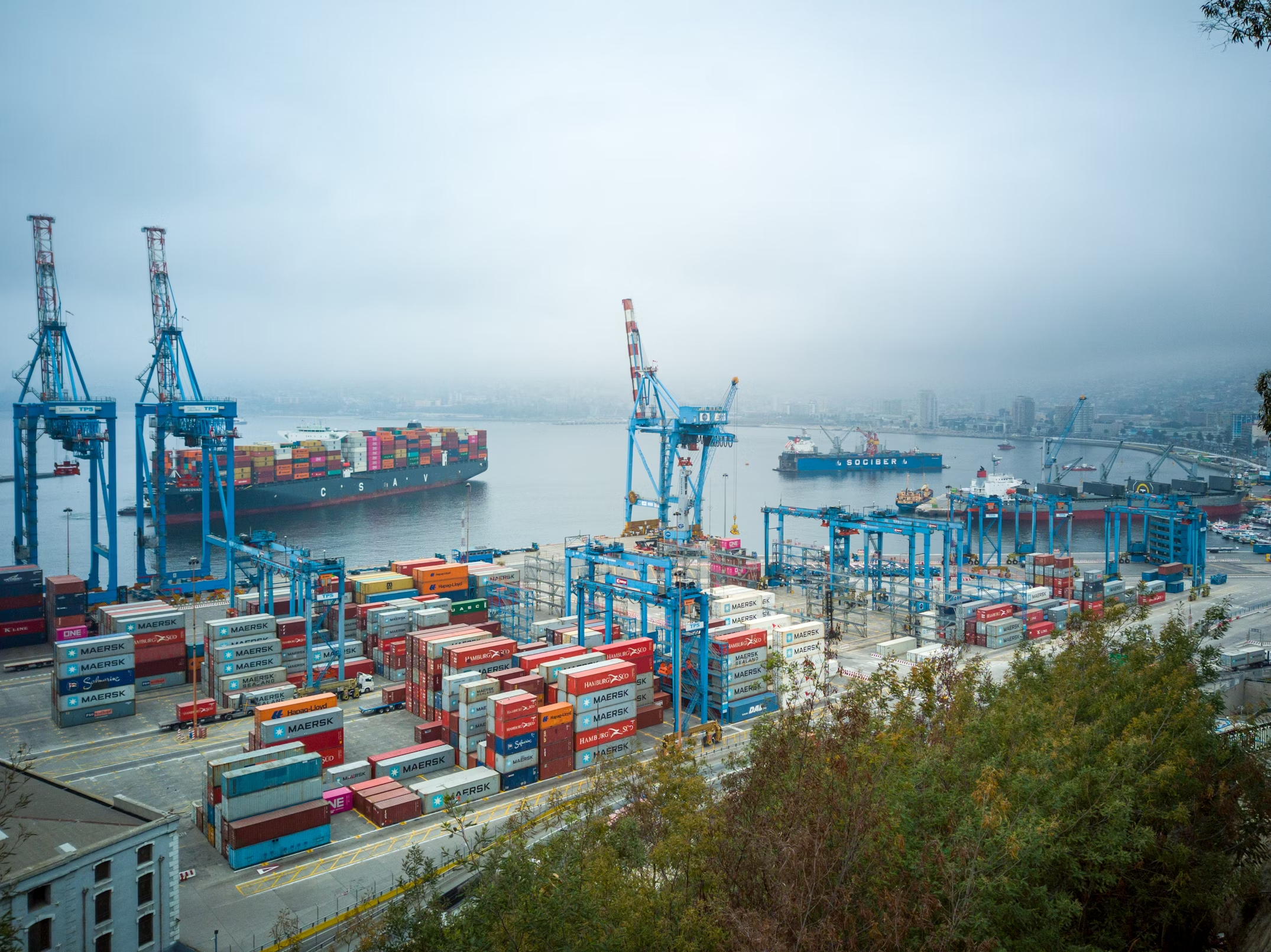
Supply Chain Resilience in 2025: Why Data Automation Matters More Than Ever
Global supply chains continue to face unprecedented challenges in 2025. From ongoing geopolitical tensions affecting shipping routes to the accelerating impact of climate change on transportation networks, the complexity and vulnerability of international logistics are testing organizations like never before. A recent McKinsey Global Supply Chain Leader Survey reveals a concerning trend: while disruptions persist, many organizations are scaling back their resilience initiatives. This pullback comes at a critical time when 90% of companies report facing supply chain challenges.
The State of Supply Chain Management in 2025
As we progress through 2025, the survey highlights several worrying gaps in organizational readiness. Perhaps most concerning is the disconnect at the executive level - only a quarter of companies have formal processes to discuss supply chain issues at the board level. In an era where supply chain disruptions can instantly impact global operations, this lack of strategic oversight leaves organizations exposed to significant risks.
While progress has been made in supply chain visibility, with 60% of companies reporting comprehensive visibility into their tier-one suppliers, there's a troubling decline in deeper supply chain transparency. This limitation is particularly problematic as major disruptions often originate deep within the supply chain network.
Key Challenges Identified:
The Digital Transformation Imperative
In 2025, while organizations recognize the critical need for digitization, implementation remains a significant challenge. The rise of artificial intelligence and machine learning has raised the stakes for digital transformation, yet many companies struggle to effectively implement these technologies. The survey reveals that while two-thirds of companies are investing in Advanced Planning and Scheduling (APS) systems, only 10% have completed their deployments.
The Role of Data Automation
As companies grapple with these challenges, the importance of efficient data management and automation becomes increasingly clear. This is where modern solutions like Wove are transforming supply chain operations. By leveraging AI and automation, organizations can address many of the key challenges identified in the McKinsey survey.
How Wove's Solutions Address Current Challenges:
Data Ingestion Engine:
Email Copilot:
The Impact of Automation on Supply Chain Resilience
As we navigate through 2025, the McKinsey research suggests that companies shouldn't let perfect data be the enemy of good digitization. While organizations may not have perfect data sets, moving forward with automation and AI-powered tools can deliver immediate value while building toward more comprehensive solutions.
Consider these benefits of automated data processing:
Looking Ahead: Building Future-Ready Supply Chains
As supply chain complexity continues to increase in 2025 and beyond, the role of data automation becomes increasingly critical. Organizations need to focus on building resilient, data-driven operations that can adapt quickly to changing circumstances. This means:
The Path Forward
In today's environment where visibility, speed, and efficiency are paramount, automated data processing isn't just a convenience - it's a competitive necessity. As supply chain leaders strengthen their operations in 2025 and beyond, focusing on data automation and integration could be the key to building true resilience.
Organizations that embrace these technologies now will be better positioned to:
